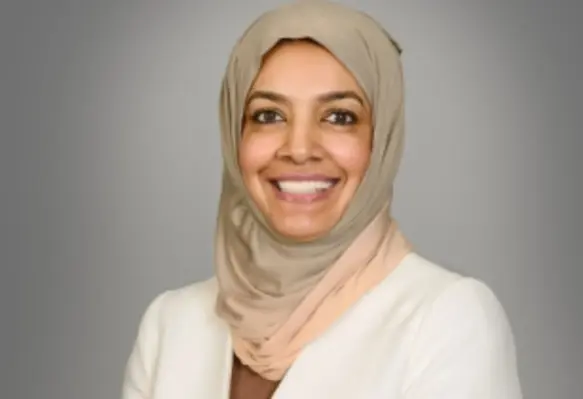Oil Review spoke with Intisaar Kindy, director of exploration at Petroleum Development Oman (PDO) and president of its women’s network Hawa, in advance of ADIPEC. She spoke at the ADIPEC Women in Energy conference on 9 November in the session on ‘Innovating through the Downturn’
What role do you think innovation plays in tackling current exploration challenges?
It is very important, particularly in the current climate. It will be critical for the longer term robustness of the industry around the globe. As the saying goes, “necessity is the mother of invention”. At PDO, we have around 50-70 new technologies being explored at any time, from solar EOR to surfactants and polymers, the fundamental aim being to produce more hydrocarbons in a safer, more efficient and responsible way. For exploration, the focus is on innovation technologies that can bring our finding costs down. We use innovation to target low unit technical costs and risks, mitigating high risk prospects which is especially important where expensive projects are concerned. It allows us to deepen our understanding of places at the evaluation stage, before money is spent on developing the resources. Seismic acquisition and imaging technologies have played a pivotal role in our exploration performance in recent years. Last year, we acquired more than 9,000 sq km of new generation 3D seismic.
What are the key enablers for innovation?
At the top of the list is the corporate environment, which needs to be open and inclusive with a clear strategy and intent on where the company wants to be. The company needs to be open to new ideas, and incubate an innovative environment, encouraging experimentation and thinking outside the box.
Also important is to nurture a collaborative environment with contractors; you need that for innovation and out-of-the box thinking to flourish. It is often the contractors who come up with better ways of doing things.
You also need technically competent staff. At times of crisis, when experienced staff are let go, innovation suffers. PDO is trying to maintain a balance between attracting top talent and retaining capable and experienced staff.
A no-blame culture is another important factor, where people are not afraid to take risks and can learn from their mistakes.
What measures can be adopted to promote further participation of women in the oil and gas industry, and to help them attain leadership positions? How is PDO performing in this regard?
PDO is a shining star in this respect, leading the way not only in Oman but in the wider region; over a quarter of our Managing Director’s Committee is female (four out of 15 members) and more than 12 per cent of our PDO workforce female, with over 960 on staff. Encouragingly, we have 470 Omani women working in our technical functions, including petroleum engineering, well engineering and exploration, a number which has more than doubled in the past years (from 238 in 2011).
I think we need to move on from talk of ‘empowering women’ to addressing practical concerns and fostering a nurturing environment where women find themselves with an equal chance to compete and develop to their full potential, and where they feel comfortable coming to work in the morning. However, most importantly, the value of women in the workplace is starting to be seen. My passion is to create a company that is fully aware of what women value to succeed in the work place.
We have achieved some notable successes; a couple of years ago we introduced a two-year trial programme to get 20 female engineers into the field. We spent six months researching what measures would be needed to be put in place to facilitate this, with input from the women involved. They came up with achievable, affordable requirements such as secure accommodation. The project was so successful that the women who took part didn’t want to come back to the office! So when you drill down into the real solutions for success in the workplace, it often comes down to simple, affordable, achievable solutions.
You can read the full interview in the current issue of Oil Review Middle East







